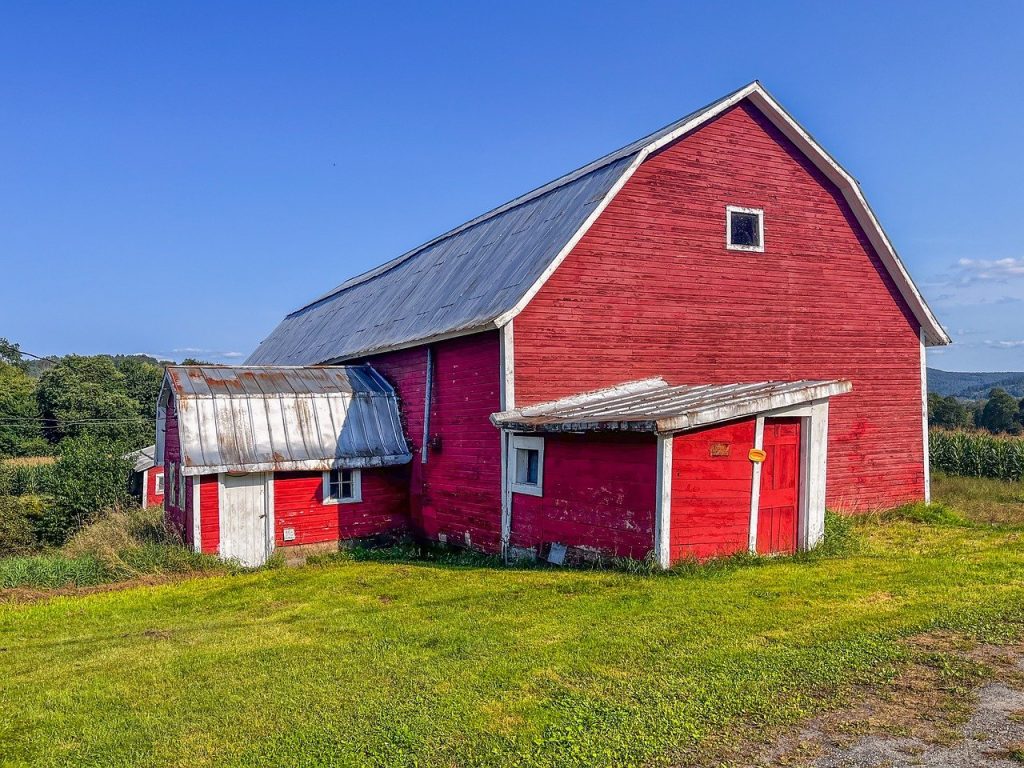While our Northeast Kingdom is known for its picturesque landscapes and tight-knit communities, it presents a unique context for rural health. The state’s rural nature offers both advantages and disadvantages when it comes to healthcare access and outcomes. Understanding these factors is crucial for maximizing health in these communities. What better time to contemplate the unique web we weave on our rural health than Rural Health Day, which is today?
Living in rural areas like Vermont can have several health benefits, such as access to natural environments, promoting physical activity, higher quality air and water, and in turn an increased mental well-being. Health-conscious people in rural areas often engage in outdoor activities such as hiking, biking, and farming, which contribute to a healthier lifestyle. They also tend to better plan their meals, engage in gardening and taking part in CSAs, while prioritizing eating local products. Rural communities with less urban stress can lead to improved overall health, making it easier to enjoy all the natural resources around us.
Strong community ties can foster support systems that encourage healthy behaviors and provide emotional support during everyday life and especially in times of need. In Vermont, many towns have local organizations focused on wellness initiatives that promote healthy eating, exercise programs, and mental health resources, which is a huge advantage to rural health. The Wellness Center at North Country Hospital was the first program in the state to do so, and after 42 years is still going strong. In addition to the programing, it builds community and is a place for making easy friendships. Just like our community, rural areas often emphasize preventive care through community health programs. These initiatives can include screenings for chronic diseases such as diabetes or hypertension, which are critical for early intervention and management.
Despite these advantages, rural areas can sometimes face significant barriers when seeking healthcare. Some rural areas struggle with attracting and retaining certain types of doctors, nurses, and specialists compared to urban settings and this can limit the options for certain services. This shortage can lead to longer wait times for appointments and reduced access to specialized care. While NCH thrives in many areas of healthcare, it isn’t always possible to have every specialty available. Thankfully, telemedicine is a new tactic to improving access to these specialties for those in rural areas like us.
Transportation can be another critical barrier. Some people don’t have reliable transportation options, or they live far away from where they need specific services. They may not have a support person who can drive them to appointments and this situation can be particularly challenging for elderly individuals or those without personal vehicles. One way our community has risen to this challenge is by implementing RCT (Rural Community Transportation.)
Lastly, financial barriers are always a concern when it comes to access to care. While Vermont has made strides in expanding insurance coverage through programs like Vermont Health Connect, some residents still face high out-of-pocket costs or lack comprehensive insurance plans that cover necessary services. These services may include more than just regular healthcare needs but also dental, eye or even mental health care.
To maximize our health while living in rural Vermont, we can take proactive steps:
- Engage with Local Resources: Utilize community resources such as our wellness center programs, and the other free programs at myhealthyvt.gov that focus on preventive care and chronic disease management.
- Prioritize Preventive Care: Regular check-ups and screenings are essential for early detection of potential health issues.
- Leverage Telehealth Services: With advancements in technology, telehealth has become an invaluable resource for accessing healthcare providers without the need for extensive travel.
- Build Community Networks: Build your circle to know who can help provide you with emotional support and encouragement whether it’s going to an appointment with you or taking a yoga class with you.
- Advocate for Better Services: We can advocate for improved healthcare infrastructure by engaging with local government representatives about the importance of accessible healthcare services. It’s almost important to highlight the need to keep access to the ones we have.
Living in rural Vermont offers numerous advantages related to natural environments and strong community ties that promote health and wellness. These are all advantages that people around the globe would envy. However, on Rural Health Day, we are reminded of the significant barriers that can exist and that must be addressed. By leveraging local resources and prioritizing preventive care strategies, anyone can enhance their overall well-being despite the challenges posed by their geographic location. Rural health doesn’t have to mean poor health.


